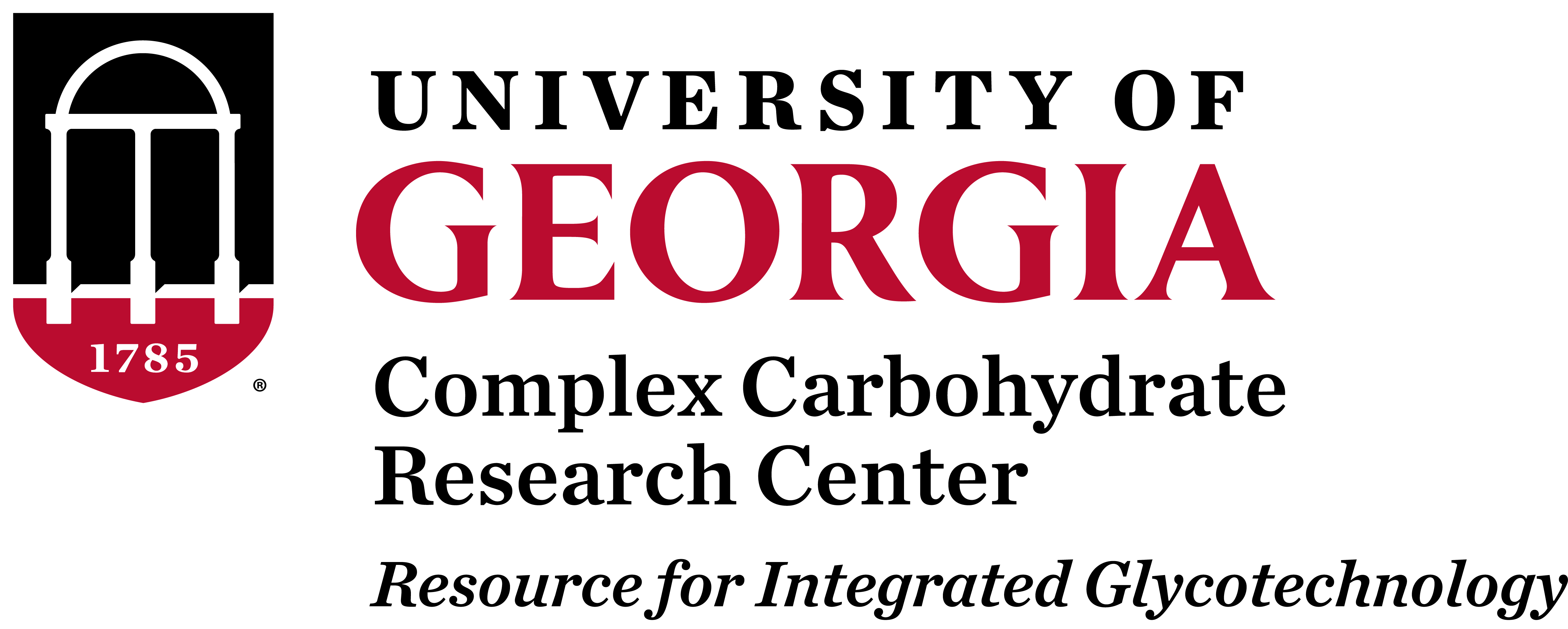Driving Biomedical Projects & Collaborations
A long-standing goal of the Resource for Integrated Biotechnology has been to stimulate collaborative interactions with members of the broader scientific community. These interactions come in two forms: Driving Biomedical Projects (DBPs) and more standard Collaborations. Our DBPs serve two purposes: 1) to provide a test-bed for the technology being developed by our Technology Research and Development (TR&D) projects, and 2) to provide feed-back that helps refine technology and identify new technology needs. A unique feature of this Resource is the broad and integrated collection of glycotechnology tools to attack particularly challenging problems in glycobiology. These capabilities include expression of protein constructs, synthesis of carbohydrate-based probes, mass spectral and NMR characterization of complexes, cell-based assays, and computer modeling. The DBPs represent areas with significant potential for biomedical impact, including proteoglycan (PG) functions that probe chemokine, morphogen, growth factor, and guidance molecule interactions and effects on cell signaling, assembly of complex structures such as neuromuscular junctions, and proliferation of malignant cells. Hence, successful advancements of these DBPs demonstrate the impact of the technology. Each DBP also presents a significant challenge and the need for new technology developments will be demonstrated. DBPs in most cases will drive more than one TR&D project; this is especially appropriate given the integrated nature of our Resource.
The more standard Collaborations with the Resource capitalize on the application of our technologies and serve to further their dissemination. Collaborations commonly exploit technologies still under development, where the projects can be more open-ended and generally require greater interaction between personnel of the Resource and outside investigators.
Dr. David Live is the Coordinator of Driving Biomedical Projects and Collaborations who can assist investigators in developing such projects. Initial contact may also be made directly with Resource investigators. Request forms for Driving Biomedical Projects can be found here and request form for Collaborative projects can be found here. Requests will be reviewed and when projects are approved, you will be directed to a secure webpage to enter more information about the project.
Publications resulting from these projects will very likely be co-authored by all those involved in the collaboration, and any publication using data from the Resource should include an acknowledgment similar to:
“We gratefully acknowledge the support of the Resource for Integrated Glycotechnology at the University of Georgia. This project was supported by grants from the National Institute of General Medical Sciences (GM103390) from the National Institutes of Health. The content is solely the responsibility of the authors and does not necessarily represent the official views of the National Institutes of Health.”
